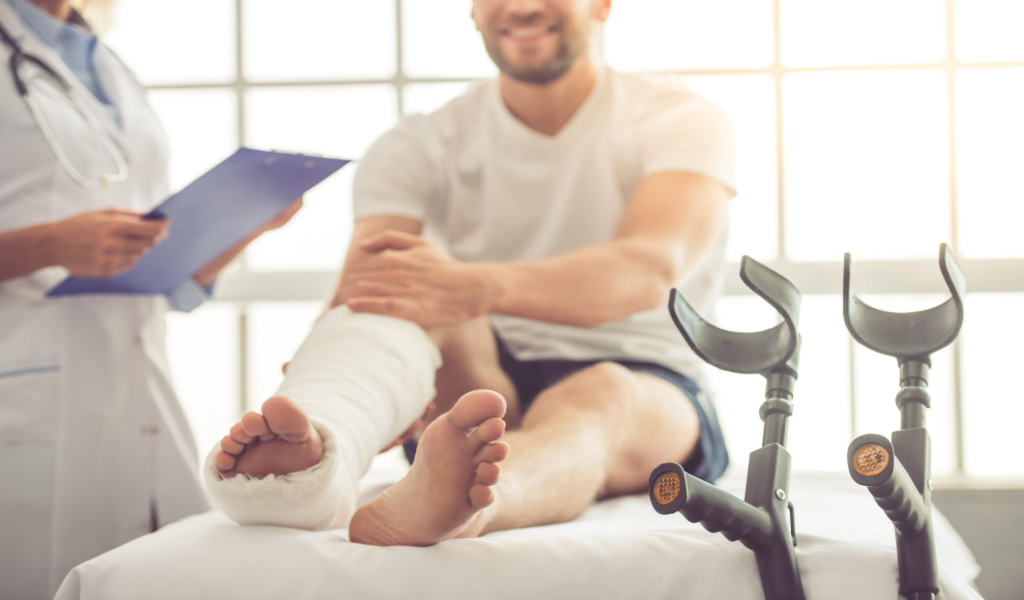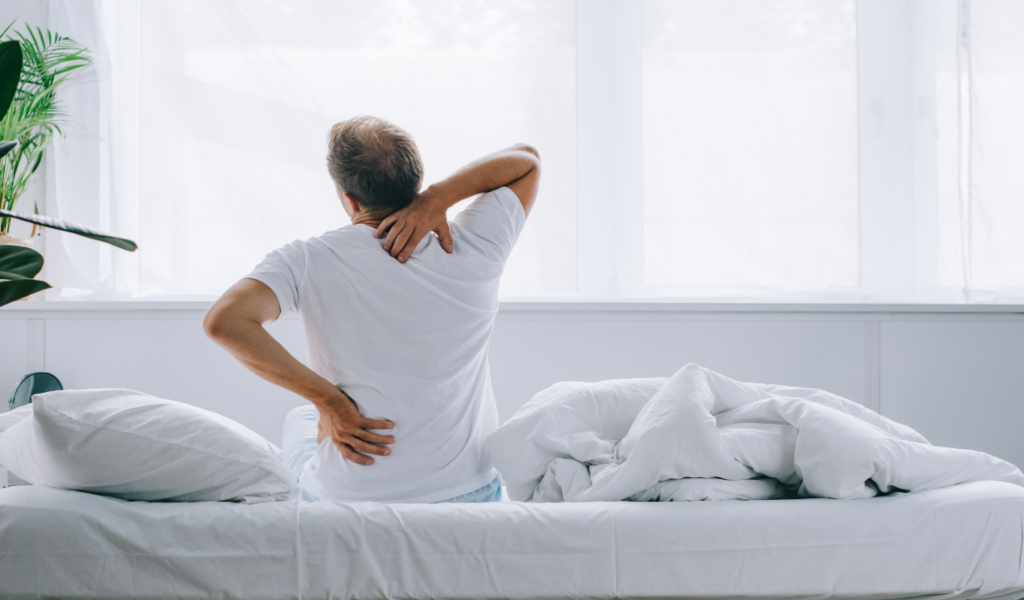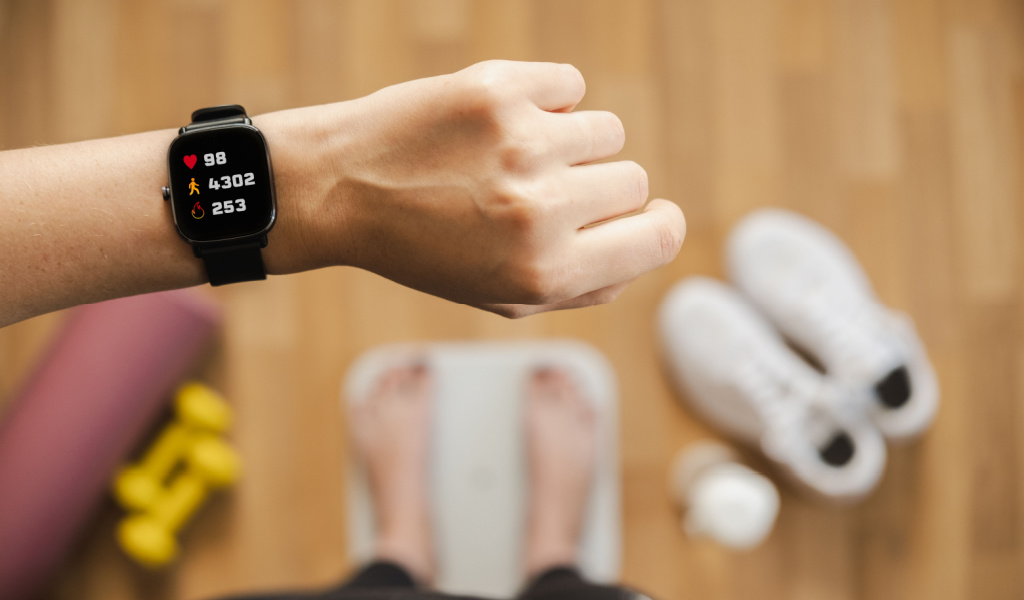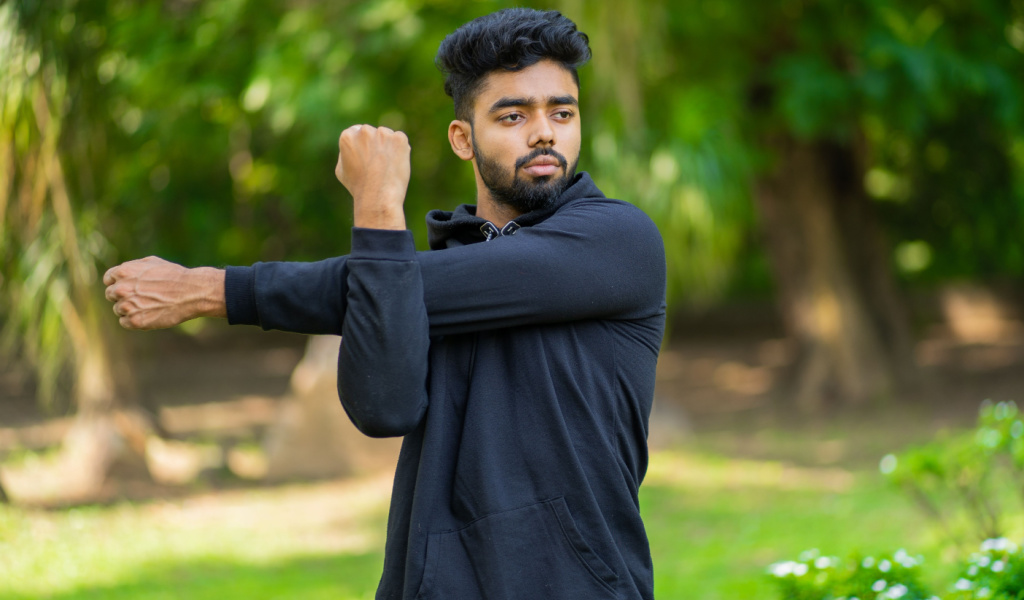If you suffer a broken bone in an accident or sports injury, you will require medical attention to treat surface wounds, set the bone properly and apply a cast. Depending on the severity of the injury, a broken bone can take from 6 to 12 weeks to fully heal. You can aid the healing of your broken bones by following these six tips.

Eat A Healthy Diet
The foods you eat can contribute to faster healing of your broken bone. Foods that are rich in calcium help to build bone cells. These foods include skim milk, yogurt, broccoli, soybeans, navy beans, kidney beans, spinach and calcium fortified orange juice. Vitamin C aids in making collagen that helps to heal broken bones. Foods rich in vitamin C include orange juice, grapefruit, kiwi, leafy greens, bell peppers and strawberries. Lysine is an amino acid that can aid in healing. Lysine-rich foods include soy products, fish and low fat milk. Vitamin D is another important compound that can help bones to heal. Most people get sufficient vitamin D from sunlight, but if you feel you don’t spend much time outdoors, talk to your doctor about taking a vitamin D supplement.
Take Supplements
If your diet does not include eating green, leafy vegetables, whole grains, low fat dairy products and plenty of fruits, you may want to take a high-quality multivitamin with minerals to supplement your nutrition while your injury heals. Minerals such as boron, phosphorus, copper and zinc can help bones heal faster.
Get Your Rest
Getting a good night’s sleep helps the body to heal. All the body processes that normally go toward movement, digestion, sensory processing and thinking can all focus on healing the injury. Avoid stimulating activities before bedtime to fall asleep faster. Try to prop or cushion the injured area to make sleep positions more comfortable. If pain from your injury makes sleeping difficult, talk to your physician about a sleep medication.
Exercise Gently
Gentle exercise can help blood flow to the injured area. Work the muscles above and below the broken bones, taking care not to put pressure on the injured area. If you are concerned about re-injuring the broken bone, consult with your physician about safe exercises you can do.

Don’t Smoke or Drink Alcohol
Studies have found that those who smoke have less bone density and that smoking can interfere with the manufacture of new bone cells. Start a smoking cessation program to help your bones heal and to continue the good habit afterward. Alcohol has also been found to damage the bone “matrix” that first forms when healing broken bones. You will heal faster with a stronger result if you discontinue drinking alcohol until after your bones have healed.
Avoid Over-the-Counter Pain Relievers
Over-the-counter pain relievers such as aspirin, ibuprofen and naproxen interfere with prostagladin production in the body. Prostagladins are critical compounds that aid in the growth of new tissue. If you have pain from your injury severe enough to require pain relievers, consult your doctor for an appropriate medication.



